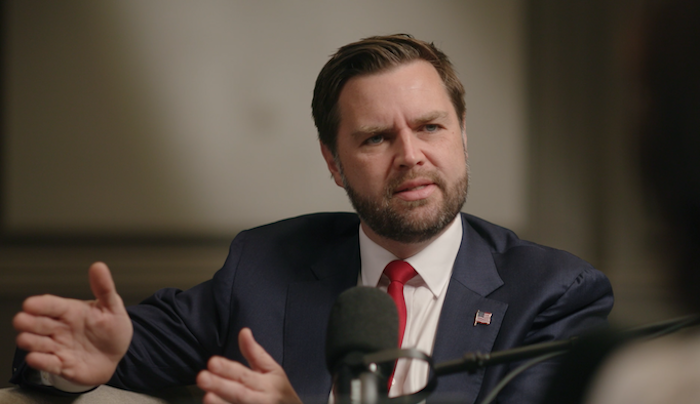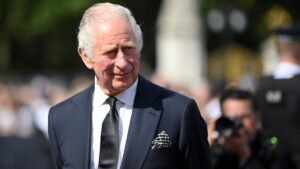U.S. Vice President JD Vance ignited a diplomatic controversy during a visit to Greenland this week, accusing Denmark of failing to adequately protect the Arctic territory from increasing threats posed by China and Russia. Speaking during a stop at Pituffik Space Base, Vance urged Greenland to consider a “deal” with the United States, invoking former President Donald Trump’s style of diplomacy.
“We think we’re going to be able to cut a deal, Donald Trump-style,” Vance said, adding that the U.S. was the only country that would both respect Greenland’s sovereignty and ensure its long-term security.
While Vance downplayed Trump’s past suggestion of purchasing Greenland, his remarks triggered swift backlash from Danish and Greenlandic leaders, who described the visit and statements as disrespectful and provocative.
Greenlandic Prime Minister Jens-Frederik Nielsen denounced the visit, calling it “a lack of respect” for the people of Greenland, a semi-autonomous territory under the Kingdom of Denmark.
King Frederik of Denmark also criticized the U.S. approach, affirming his country’s commitment to Greenland and stressing the importance of diplomatic respect and sovereignty.
Danish Prime Minister Mette Frederiksen rejected Vance’s claims of underinvestment, highlighting recent increases in Arctic defense spending, surveillance systems, and security cooperation in the region.
“Denmark will always prioritize cooperation guided by international law,” Frederiksen said, adding that Denmark takes its Arctic responsibilities seriously.
Greenland has long grappled with questions of independence. Although five of the six major political parties support eventual independence from Denmark, most Greenlanders remain opposed to annexation by the United States, according to a January poll.
Vance’s visit, originally framed as a cultural tour led by Second Lady Usha Vance, quickly evolved into a diplomatic flashpoint. Protests have been organized in Nuuk, Greenland’s capital, where residents expressed concern over perceived U.S. efforts to expand influence in the Arctic at the expense of Greenlandic autonomy.
With Arctic geopolitics becoming increasingly complex, Vance’s comments may have widened rifts between the U.S., Denmark, and Greenland, raising questions about how Washington plans to engage with the region moving forward.



























